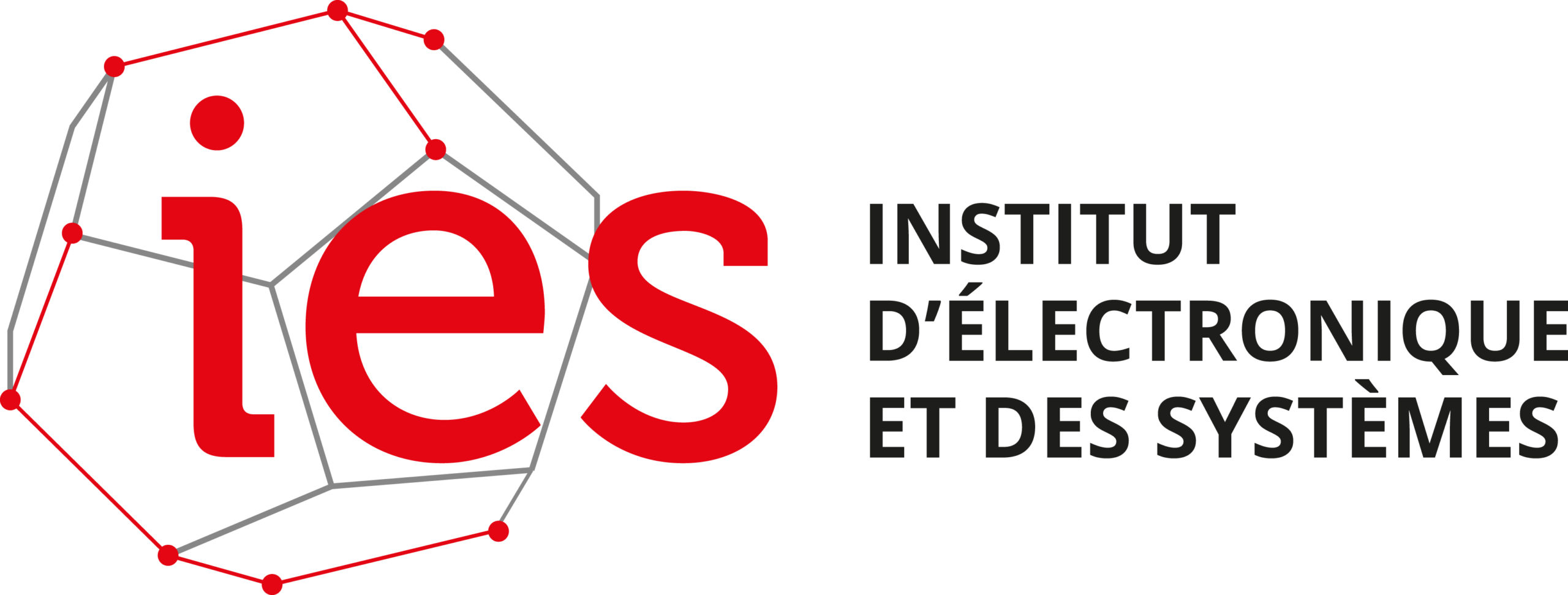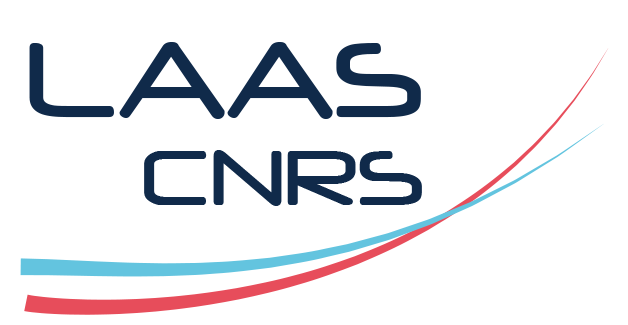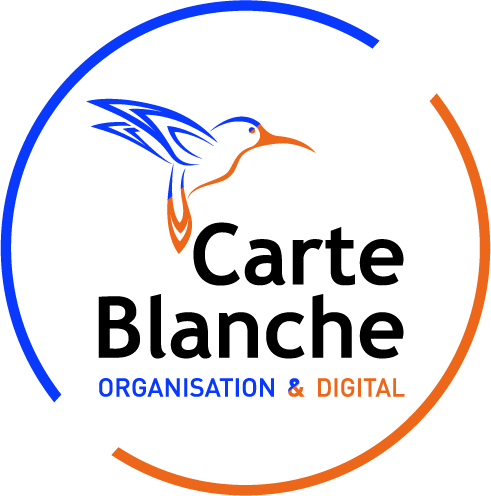
Scientific tracks
The MNE conference focuses on 5 main topics:
T1 | METHODS & PROCESSES: Micro-Nano Fabrication Methods and Processes
- 2D, 3D Lithography methods
- Injection molding, soft embossing, microprinting, rapid prototyping, additive microfabrication, …
- Pattern transfer (Plasma, etching, lift off, electroplating, laser ablation …)
- Deposition processes
- Resists and functional materials
- Computer-aided predictive nanofabrication
- Process simulation
- Inspection, metrology, process control and manufacturability testing
Note : T1 is mainly devoted to individual steps involved in fabrication and manufacturing
T2 | STRUCTURES & DEVICES: Fabrication and Integration of Micro-Nano structures, and devices
- New device architectures (neuromorphic, bioinsipired, quantum based, …)
- Responsive, adaptative materials and 4D technologies
- (Multi-)functional surfaces or structures with wetting, optical, electrical chemical or mechanical properties
- Processing and Integration of metamaterials or 1D/2D materials into innovative devices
- Characterization and integration of MEMS/NEMS
- Nanodevices for advanced electronics, spintronics, plasmonicsand quantum technologies
- System design, simulation and Integration
- Packaging technology and reliability
Note : T2 is mainly devoted to the architecture, integration and characterization of novel structures or devices
T3 | SYSTEMS: Micro-Nano Systems for computing, communication, sensing and quantum applications
- Integrated Circuit Technologies
- Sensors and actuators
- Optics, photonics and plasmonics
- Optical systems for augmented reality
- Phononics/acoustics, thermoelectricity
- Data Storage
- Telecommunication, RF/HF technologies, IOT
- Flexible, wearable devices, organic electronics
Note : T3 is mainly devoted to applications of devices and integrated systems (except. biology or environment)
T4 | BIO: Micro-Nano Engineering for Life or Analytical Sciences
- Bio-inspired technologies. bio-mimetic surfaces
- Micro and nano fluidic devices, lab on a chip
- Microphysiological systems
- Design, fabrication, recycling of micro-nano devices for life sciences
- Interfacing bio-entities and biomaterials with devices and systems
- New processes and technologies for life sciences
- Applications in fundamental biology, health and medicine
- Membranes and nanopores, sequencing technologies
Note : T4 is mainly devoted to applications of devices and integrated systems for Biology, Health or Analysis
T5 | SUSTAINABILITY: Energy efficiency, Environmental or Ecological applications of Micro-Nano Engineering
- New materials and processes for reducing the environmental impacts of Micro and NanoEngineering
- Micro-nanotechnology enabled platforms for environmental and ecosystem Monitoring
- Energy efficiency of devices and systems
- Environmental sensors and systems
- Food safety, agrofood, nutrition and agriculture,
- E-waste reduction, recycling of disposable materials and devices
- Life Cycle Analysis
- Biocompatibility, degradable-/disposable packaging
Note : T5 is devoted to any research work involving Micro-Nano Engineering and ecological concerns



